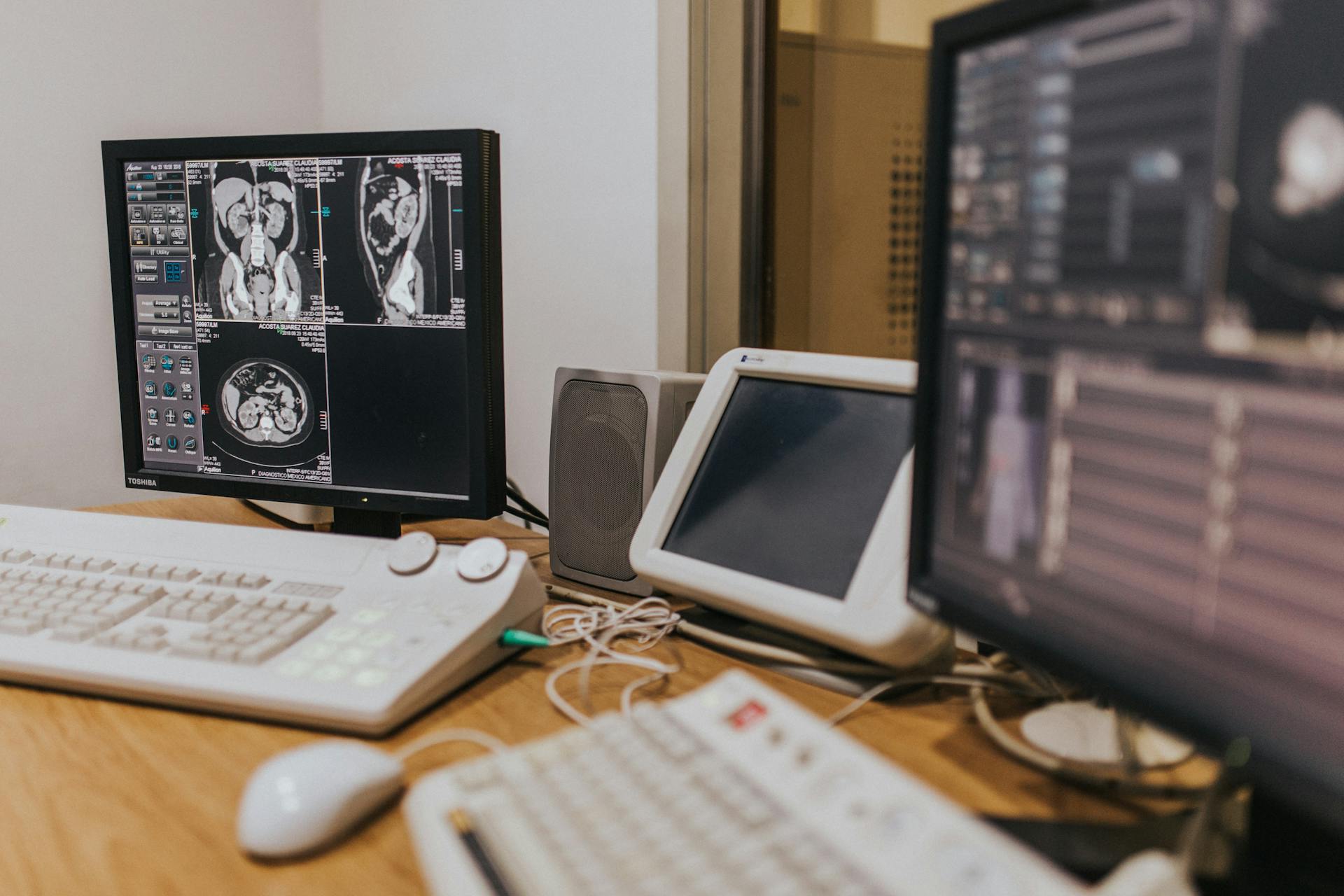SINGAPORE: The National University Hospital (NUH) has introduced an artificial intelligence (AI) system designed to assist radiologists in the interpretation and writing of lumbar MRI scan reports. This innovative technology significantly reduces the time required for report generation, improving both the efficiency of medical professionals and the speed at which patients receive their diagnoses and treatments.
The hospital told 8World that this AI system can reduce the time needed to interpret MRI reports by more than half, allowing radiologists to focus on other important tasks.
Traditionally, it could take up to two or three days for doctors to receive MRI scan reports. However, with the AI system in place, reports can be available within a day, enabling quicker decisions on whether patients require surgery or other treatments.
One of the key features of the AI system is its ability to automatically generate and interpret reports. It can also divide and highlight areas of concern, such as the severity of lumbar spinal stenosis, making it easier for doctors to assess the condition and decide on the appropriate course of treatment.
A senior consultant at NUH’s Department of Diagnostic Imaging, explained that interpreting MRI reports is a time-consuming process that typically takes radiologists several days, particularly with growing workloads. This AI system addresses the challenge by completing the interpretation in less than a minute, compared to the usual five minutes or more.
As a result, patients can now receive their reports and see their doctors more quickly, speeding up the entire diagnostic and treatment process.
Since the system was introduced as part of a trial at NUH, over 50 patients have already benefited from the faster report turnaround. The success of this trial has shown promising potential for broader implementation, enhancing the efficiency of radiologists and improving patient care.
NUH’s AI-assisted approach marks a significant step forward in medical technology, offering a glimpse into the future of healthcare where AI plays a pivotal role in streamlining clinical workflows and improving patient outcomes.

